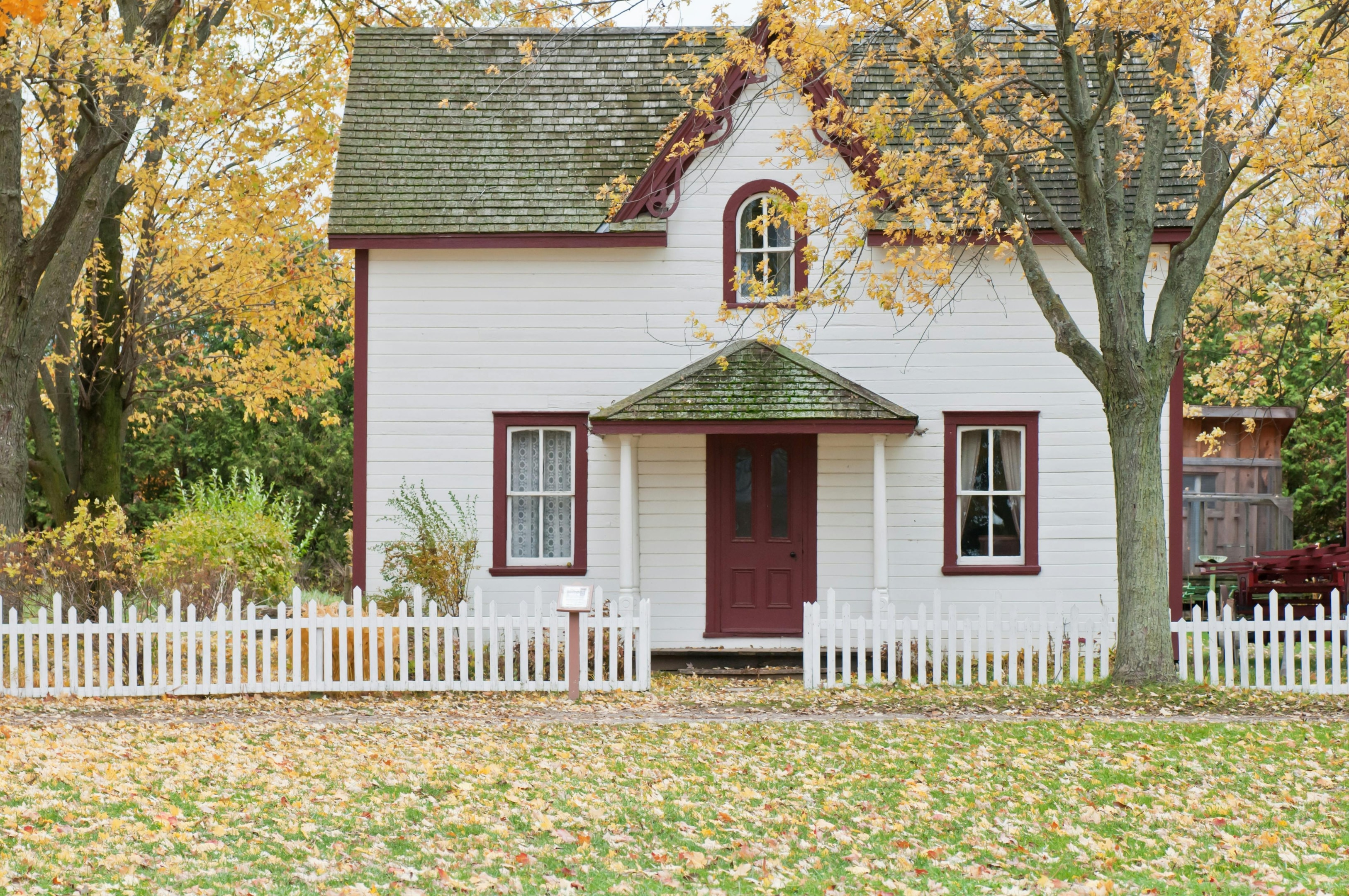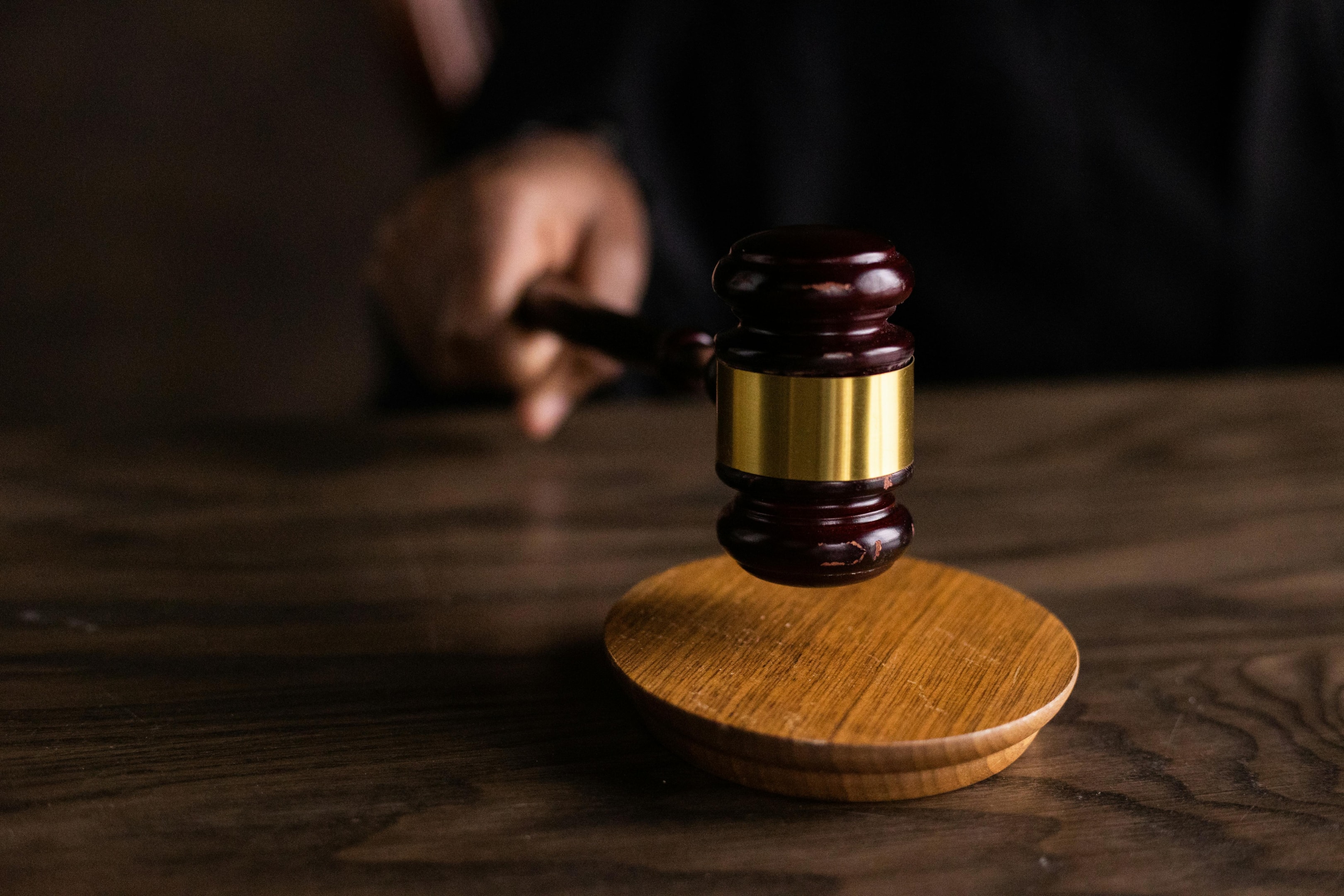Investing in Probate Real Estate
Introduction to Probate Real Estate
Probate real estate might sound complicated, but it can offer unique investment opportunities for those willing to navigate the process. This type of real estate is typically tied to the legal process that occurs after someone passes away, particularly when they don't leave behind a living trust or any other clear directives for their assets. As a result, probate properties can become available to savvy investors at below-market prices, often allowing for potentially high returns.
What is Probate Real Estate?
Probate real estate includes any property owned by a deceased person that must go through a legal process known as probate before it can be sold or transferred. This process involves verifying the deceased's will, if there is one, or otherwise handling the assets according to state laws. Probate properties often need to be sold quickly to settle the estate, creating opportunities for investors to acquire them at a discount. Investors often identify beneficiaries as motivated sellers, because they want to get their newly acquired property off their hands in an efficient manner. This allows for a prime investing opportunity for many real estate professionals.
How Does Probate Work in Real Estate?
When a property goes through probate, the court oversees the distribution of assets. In some cases, the executor of the estate or an appointed representative will sell the property to help pay off debts or distribute the assets among heirs. The probate process can vary by state (for details, click the link to see your state), but it typically involves filing a petition with the court, notifying creditors, appraising the property, and then selling it.

Why Invest in Probate Properties?
Many investors are drawn to probate properties for their potential to be purchased at below-market prices and in a relatively short time frame. This often arises from the fact that families or executors managing the estate may be motivated to sell quickly to expedite the probate process. Because the sellers are often highly motivated, investors are able to buy the home at well below what the traditional listing price would be. These properties are often sold as is, meaning investors are able to get a discount depending on the condition. In addition to below market prices, another advantage to investing in probate properties is that the closing time can often be shorter than average real estate transactions.
Unique Opportunities in Probate Real Estate
Investing in probate real estate can present rare opportunities, particularly because these properties may have minimal competition from other buyers. In some cases, the property may be in need of repairs or updates, further decreasing the sale price and allowing investors to add value through renovations.
Moreover, real estate investors who are well-versed in the probate process can leverage their knowledge to streamline transactions and avoid common pitfalls, making probate real estate a potentially lucrative addition to their investment portfolio. By understanding the specific probate laws in their area and working closely with probate attorneys, investors can mitigate risks and maximize their returns. Furthermore, probate properties can be a valuable resource for those looking to expand their real estate holdings, as they offer unique chances to acquire properties that might not be available through traditional real estate channels.
Potential for High Returns
Probate properties are often discounted, making it easier for investors to see a return on investment, especially after making improvements. Because of the urgency to sell in many probate cases, investors may find excellent deals that wouldn't otherwise be available in the general real estate market. There is also potential for the sellers to save money selling to an investor because they avoid the extra mortgage payments, utilities, and traditional costs associated with selling to a traditional real estate agent.
Understanding the Probate Process
A solid understanding of the probate process is essential for investors looking to get into this niche market. Probate can sometimes be lengthy, with several steps that investors need to navigate.
Key Steps in Probate Real Estate
The probate process includes several steps, starting with filing a petition with the probate court. After this, the estate executor or representative may be required to notify heirs, appraise the property, and ultimately list it for sale.
Duration and Costs Involved in Probate
The probate process duration varies based on state laws and the complexity of the estate. Some cases may be resolved in a few months, while others can take over a year. 60% of inherited properties sell within 2 years, which is a short time when considering the property changed ownership likely to a tragic situation. Additionally, there are costs involved, such as court fees, attorney fees, and potential taxes, which can affect the profitability of the investment.
Types of Probate Real Estate Investments
Probate investments aren't limited to just one type of property. Investors can choose from various types based on their expertise, interests, and investment goals.
Residential Properties
Most probate properties are residential, including single-family homes, townhouses, and sometimes multi-family units. These properties are often more accessible to individual investors and can be flipped, rented, or used for other purposes.
Commercial Properties
Though less common, commercial properties can also be acquired through probate. These properties may include office spaces, retail stores, or warehouses, which might offer higher returns but also come with greater complexities.

How to Find Probate Real Estate Deals
Locating probate properties may take a bit of legwork, but there are several strategies that can help investors find suitable deals. For more details on how to find viable real estate leads, read Top Strategies to Generate Real Estate Leads in 2024.
Networking with Probate Attorneys and Executors
Probate attorneys and estate executors are often the first to know when a property is available for sale through probate. Building relationships with these professionals can provide early access to probate listings.
Using Online Listings and Auctions
Many probate properties are listed on real estate platforms or auction websites. Some sites specialize in foreclosures and probate sales, offering investors a starting point for finding properties available through probate.
Key Strategies for Buying Probate Properties
Purchasing probate properties requires strategic planning and careful consideration. Each approach has its advantages and potential drawbacks.
Direct Offers vs. Public Auctions
While some probate properties are sold through public auctions, others may be available for direct purchase. Auctions can bring competition and potentially drive up prices, while direct offers can sometimes allow investors to negotiate more favorable terms.
How to Negotiate in Probate Sales
Probate sales can be less flexible in terms of negotiations due to court involvement. However, understanding the needs and motivations of the estate can sometimes open the door to discounts, especially if the property has been on the market for some time.

Financing Your Probate Investment
Securing financing for probate real estate may require creativity, especially if the property needs significant repairs or updates. Investors often need to explore a variety of financing options to ensure they can close the deal efficiently.
Traditional Financing Options
Traditional loans, such as mortgages, may be available for probate properties, though some banks may be hesitant to finance homes needing significant work. Investors with good credit may find conventional financing suitable, especially for properties in decent condition.
Creative Financing Techniques for Probate Deals
Options like hard money loans, private lenders, or seller financing can be helpful for probate properties needing repairs or fast turnaround times. Hard money loans are typically short-term and are secured by the property itself, making them a viable choice for investors looking to renovate or flip probate properties. Private lenders tend to offer more personalized terms and can be a great resource for those with established relationships in the real estate community. Seller financing allows the buyer to make payments directly to the seller, bypassing traditional financial institutions.
By exploring these alternative financing options, investors can position themselves to seize opportunities in the probate real estate market swiftly and efficiently.
Risks Involved in Probate Real Estate Investing
Investing in probate real estate isn't without risks. From unexpected legal complications to fluctuating property values, investors should approach probate with due diligence.
Common Challenges in Probate Sales
Some of the common challenges include delays in court proceedings, disputes among heirs, and potential title issues. Understanding these challenges beforehand can help investors be better prepared. One way to gain a better understanding of these legal issues to have a network of trusted probate attorneys who are available to help answer questions.
How to Mitigate Risks Effectively
Working with experienced probate attorneys and thoroughly researching each property's title and background can help mitigate risks. Also, having a buffer for unexpected costs is advisable in case any issues arise during the probate process.

Tips for Successful Probate Investing
There are several best practices that can enhance the success of probate real estate investments, including building strong relationships and staying informed on market trends.
Building Relationships in the Probate Market
Establishing a reliable network of probate attorneys, real estate agents, and other professionals can provide investors with valuable insights and opportunities in the probate market. If you're a beginner in the real estate world or want to work on your networking, check out these 7 tips.
Consider Lead Generation Service
There are many companies that exist for the purpose of assisting investors, wholesalers, and real estate agents in finding leads, some even hyper specific to probate leads. USLeadList is one example, they specifically work with properties before they start the probate process, to try to help real estate investors get a head start before the legal proceedings begin.

Legal Considerations for Probate Real Estate
The legal complexities of probate vary widely by state. Investors should understand the probate laws that apply to them or work closely with an attorney.
Understanding Probate Laws in Your State
Each state has specific rules governing probate sales, which can impact the ease and speed of transactions. Learning these laws is essential for any probate investor. Cornell Law School has a good breakdown of probate laws by state to make it easy to see the legalities of your area.
Working with a Probate Attorney
Partnering with a knowledgeable attorney can make navigating probate much easier. A probate attorney can assist in understanding legal requirements, filing necessary paperwork, and ensuring a smooth transaction. Networking is a great way to get in touch with multiple attorneys and build relationships for questions they have the expertise to help with.

Profitability of Probate Real Estate Investments
Many investors are drawn to probate real estate for the potential profits. However, each investment should be evaluated on a case-by-case basis to determine its profitability. An evaluation of the property must be conducted to determine its real value and to see what costly repairs might have to be made.
Estimating Return on Investment (ROI)
ROI in probate real estate can vary depending on the property's condition, the cost of repairs, and the final sale price. Evaluating these factors beforehand can help investors make informed decisions. Its important to know the scale of what may need to be done to the property in order to make a decision that benefits you as an investor.
Conclusion: Is Probate Real Estate Right for You?
Investing in probate real estate can offer lucrative returns, but it's not without challenges. For investors who are patient, willing to learn, and able to navigate the legal intricacies, probate real estate can be a rewarding venture. The unique opportunities in this niche make it a valuable addition to a well-rounded investment portfolio.
FAQs
What is the probate process in real estate?
Probate is a legal process that verifies a deceased person's will and administers their assets, including real estate, which may be sold to settle debts or distribute inheritance.How can I find probate properties for sale?
Networking with probate attorneys, checking online listings, and attending property auctions are effective ways to find probate properties.Are probate properties always a good deal?
Not always. While they can be discounted, it's essential to inspect each property, considering condition and market factors before purchasing.How long does a probate sale take?
The probate process varies, taking from several months to over a year, depending on state laws and the estate's complexity.Do I need a lawyer to buy probate property?
While not mandatory, a lawyer specializing in probate can help navigate legal complexities, making the process smoother and more secure.

Chat with Havvah now to learn more about USLeadList:
(866) 711-1688